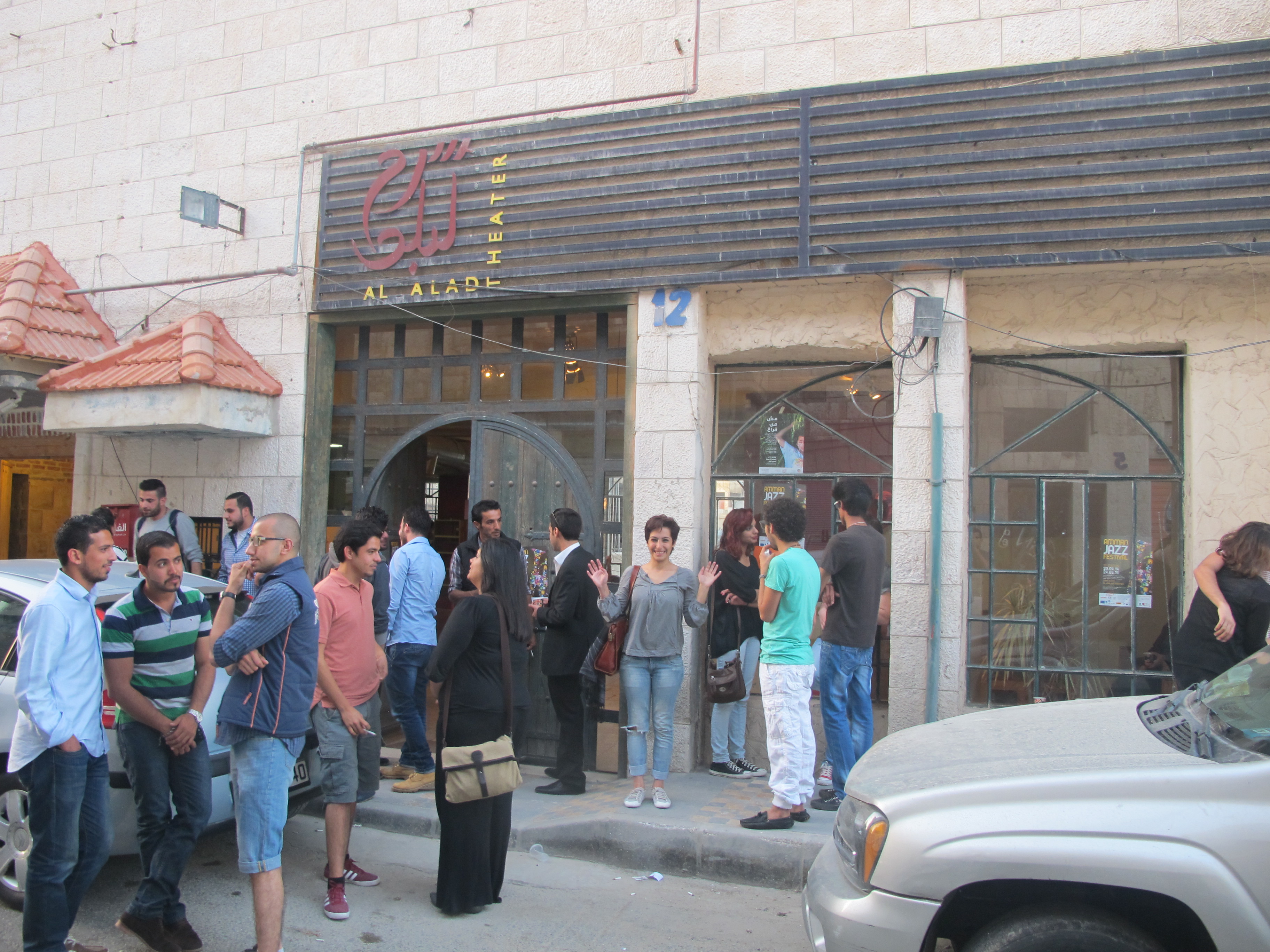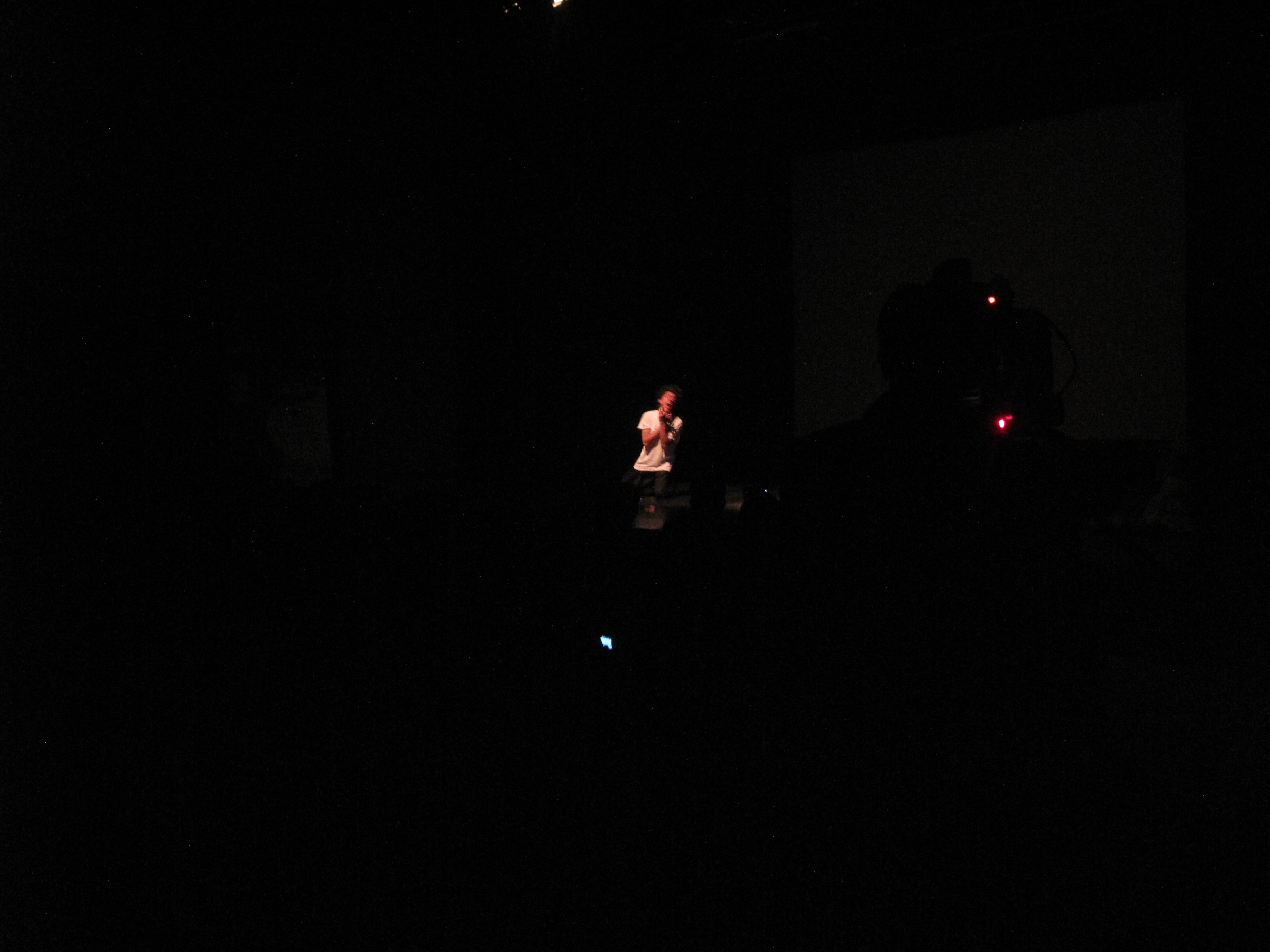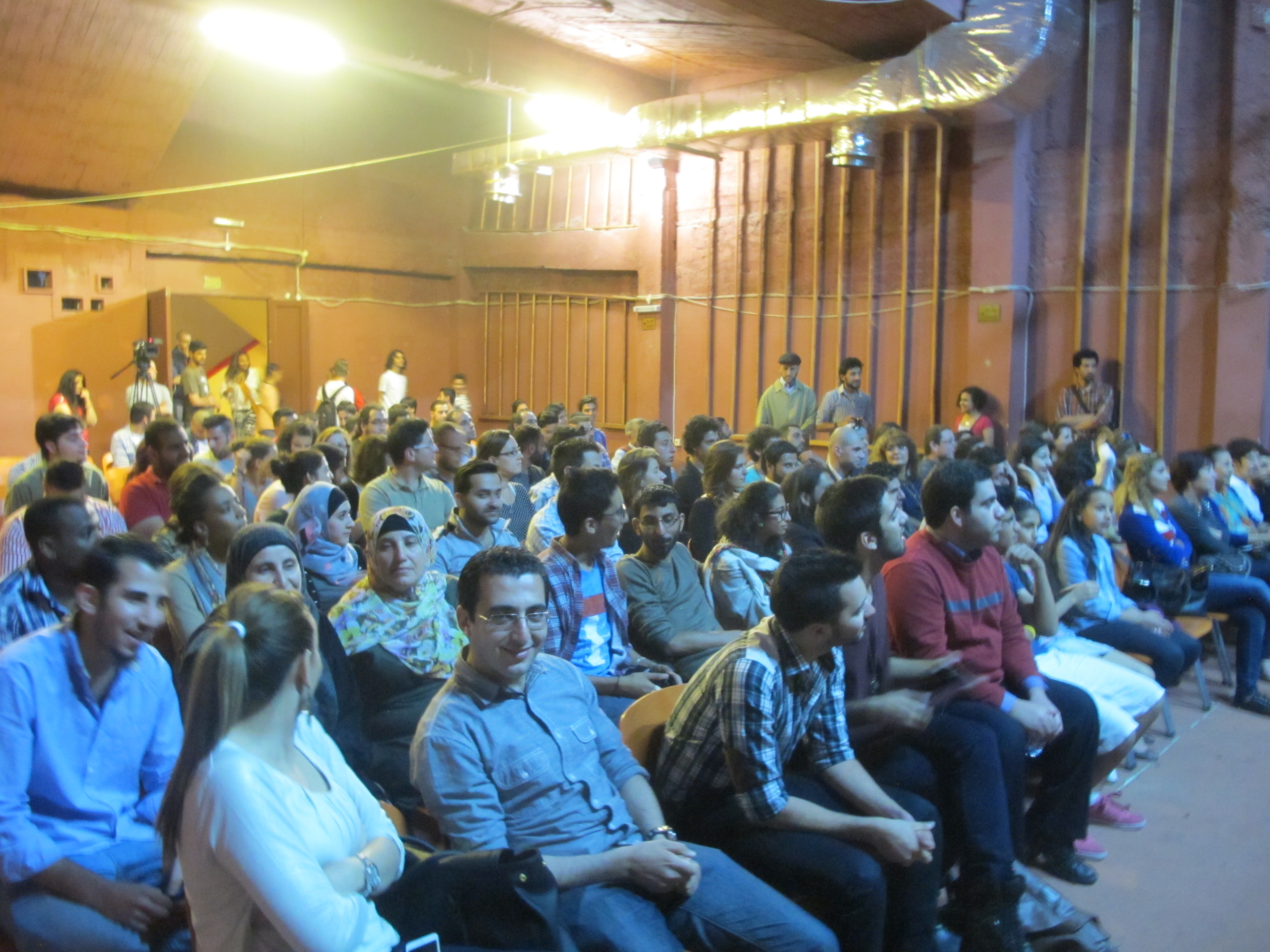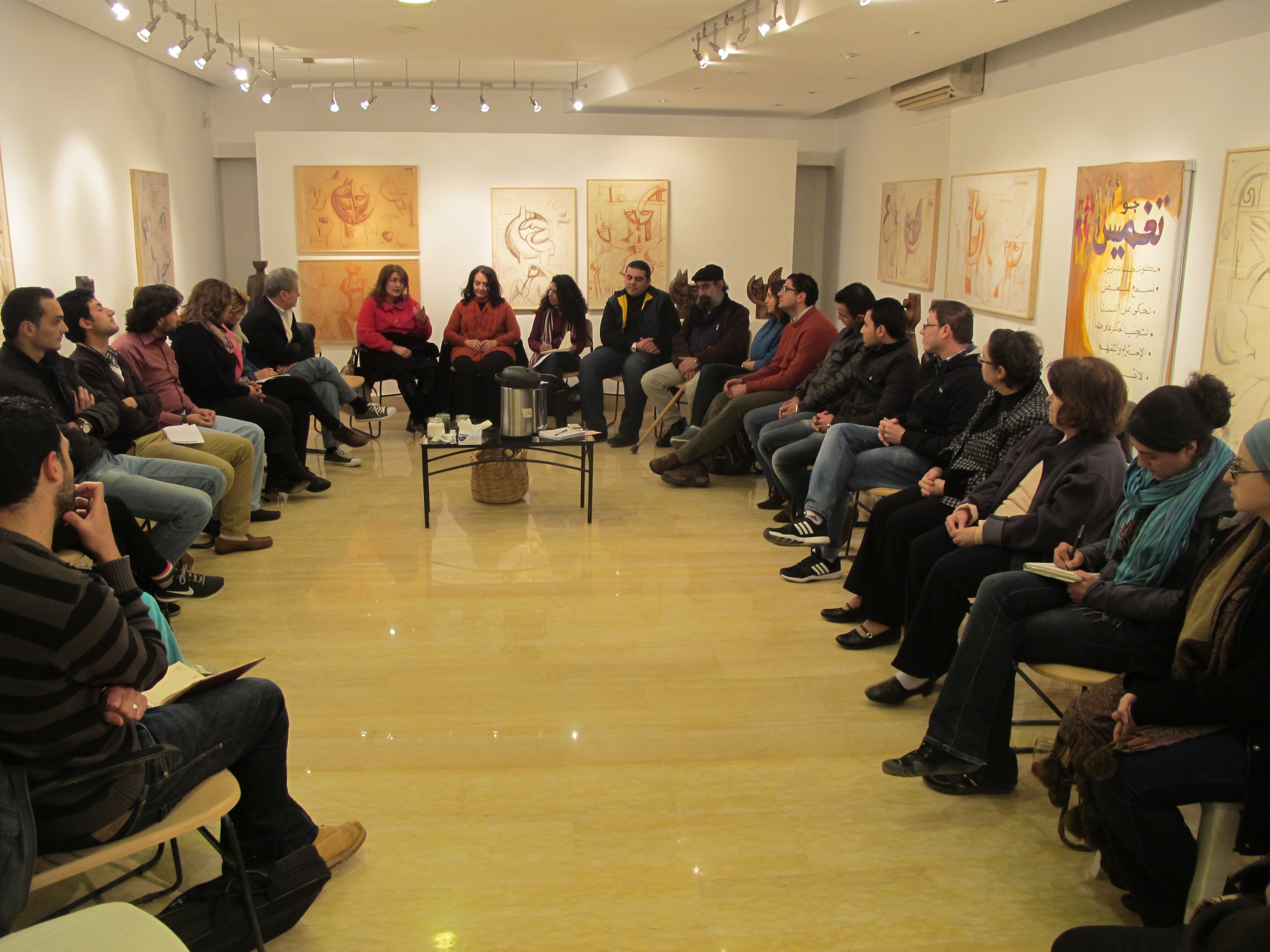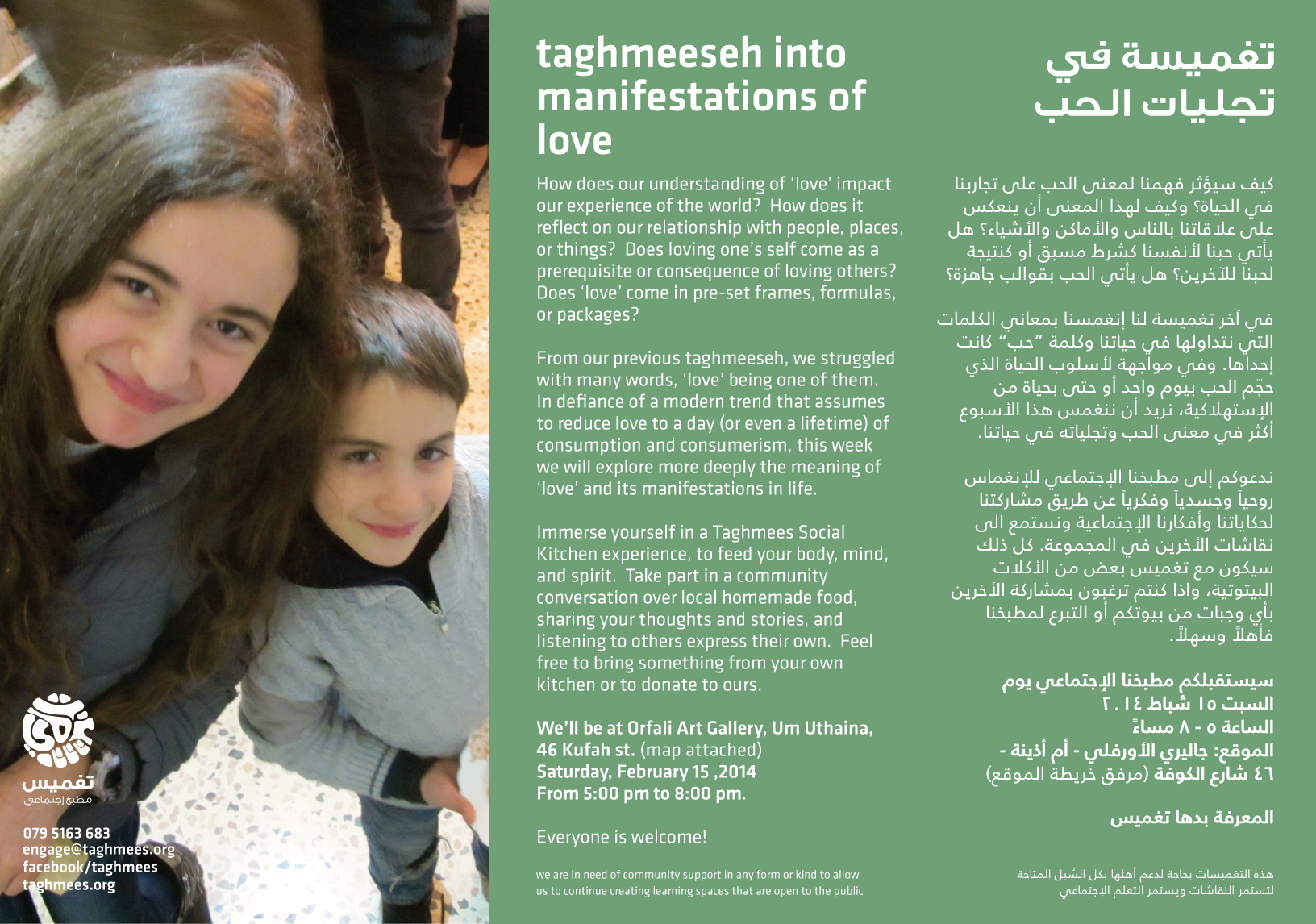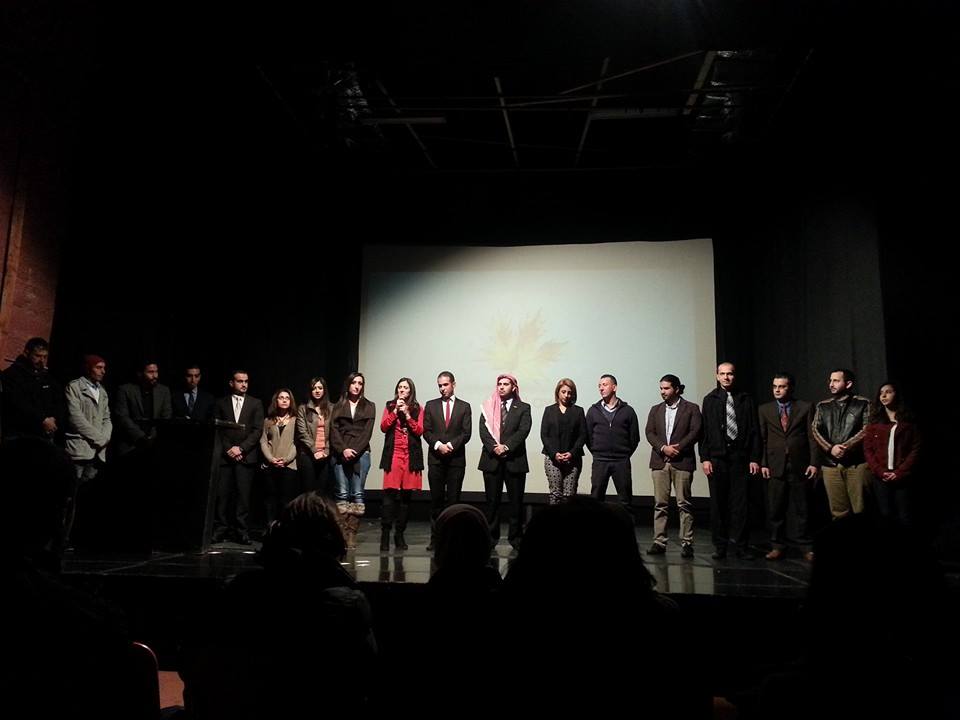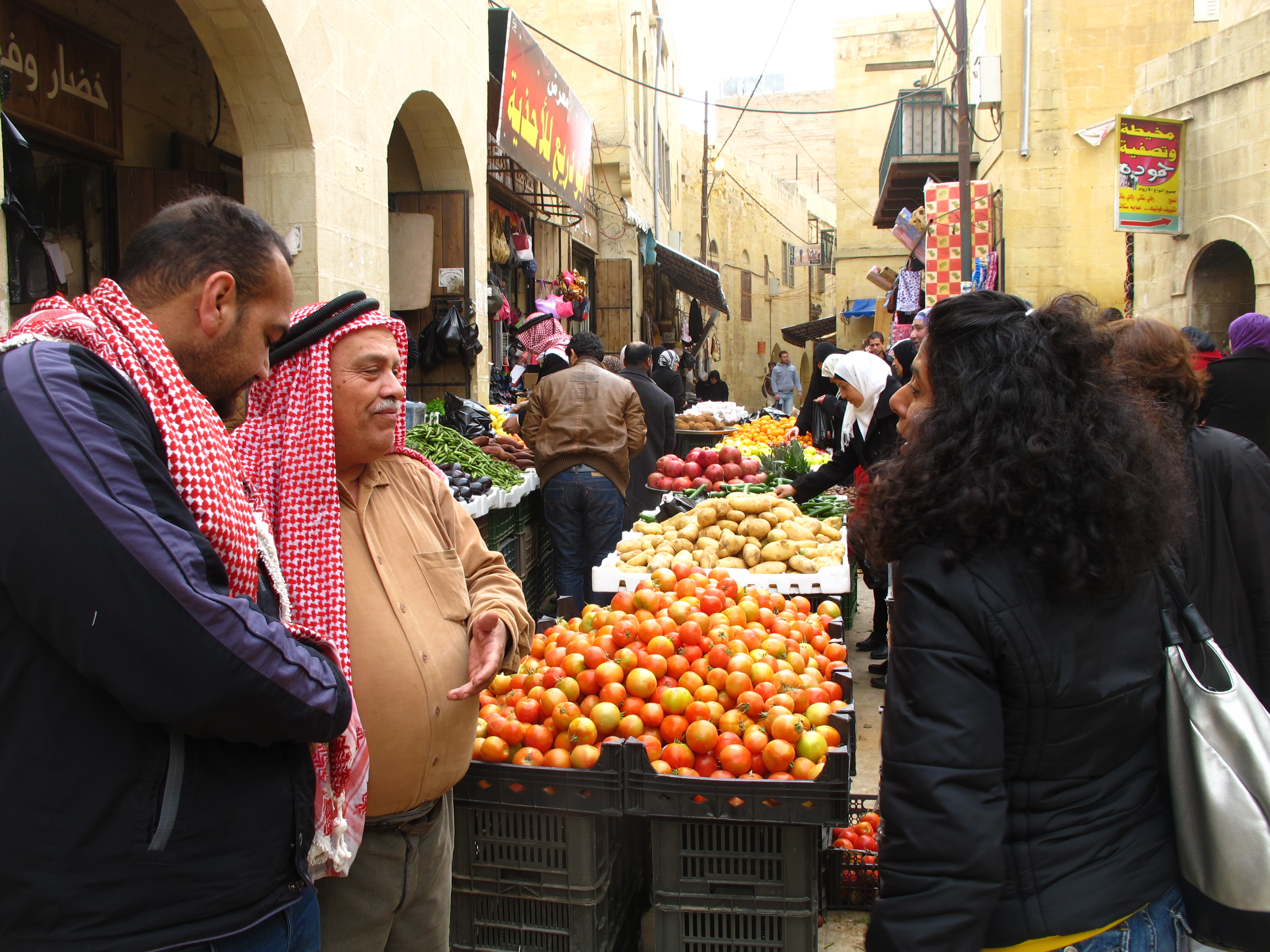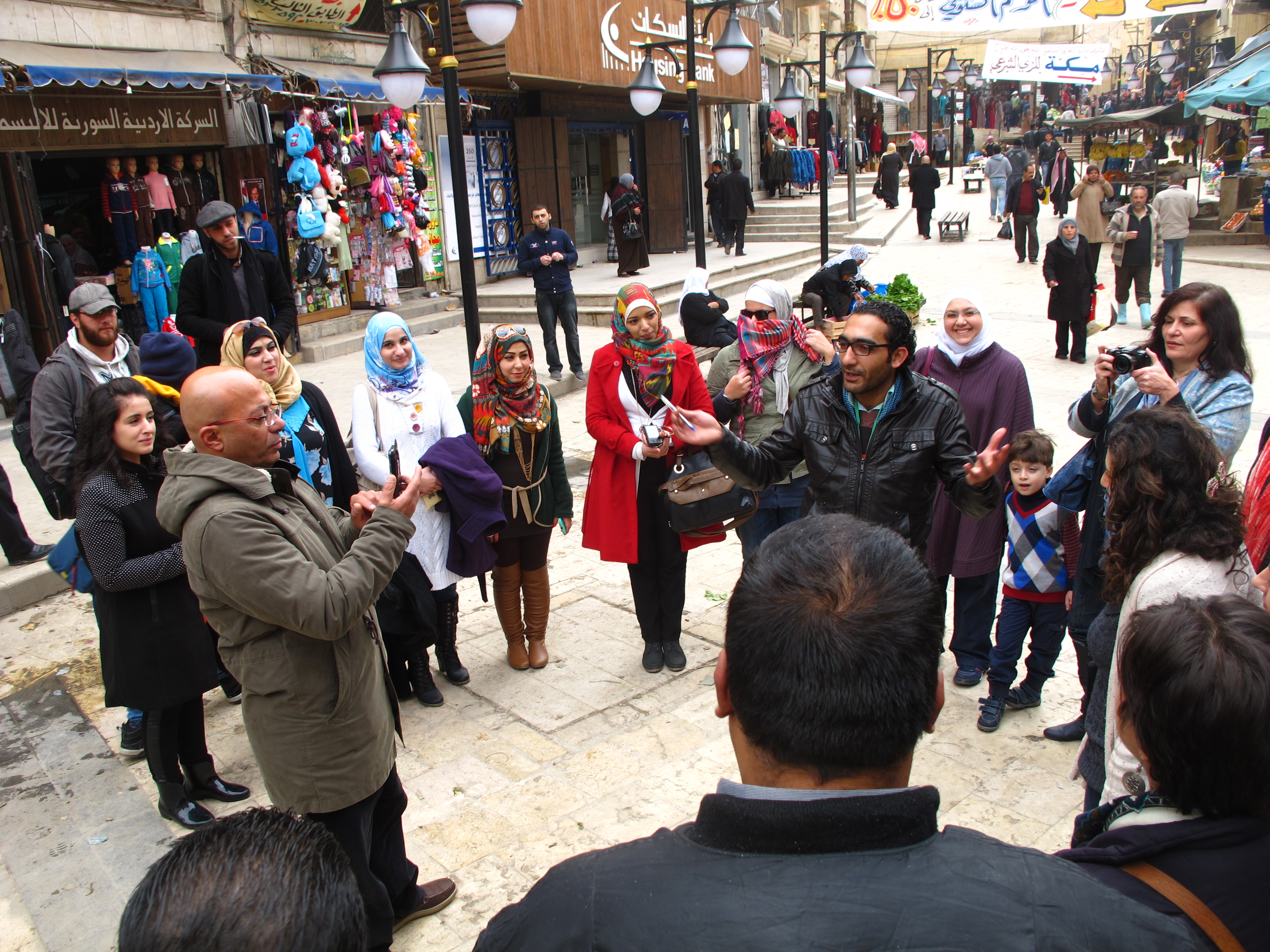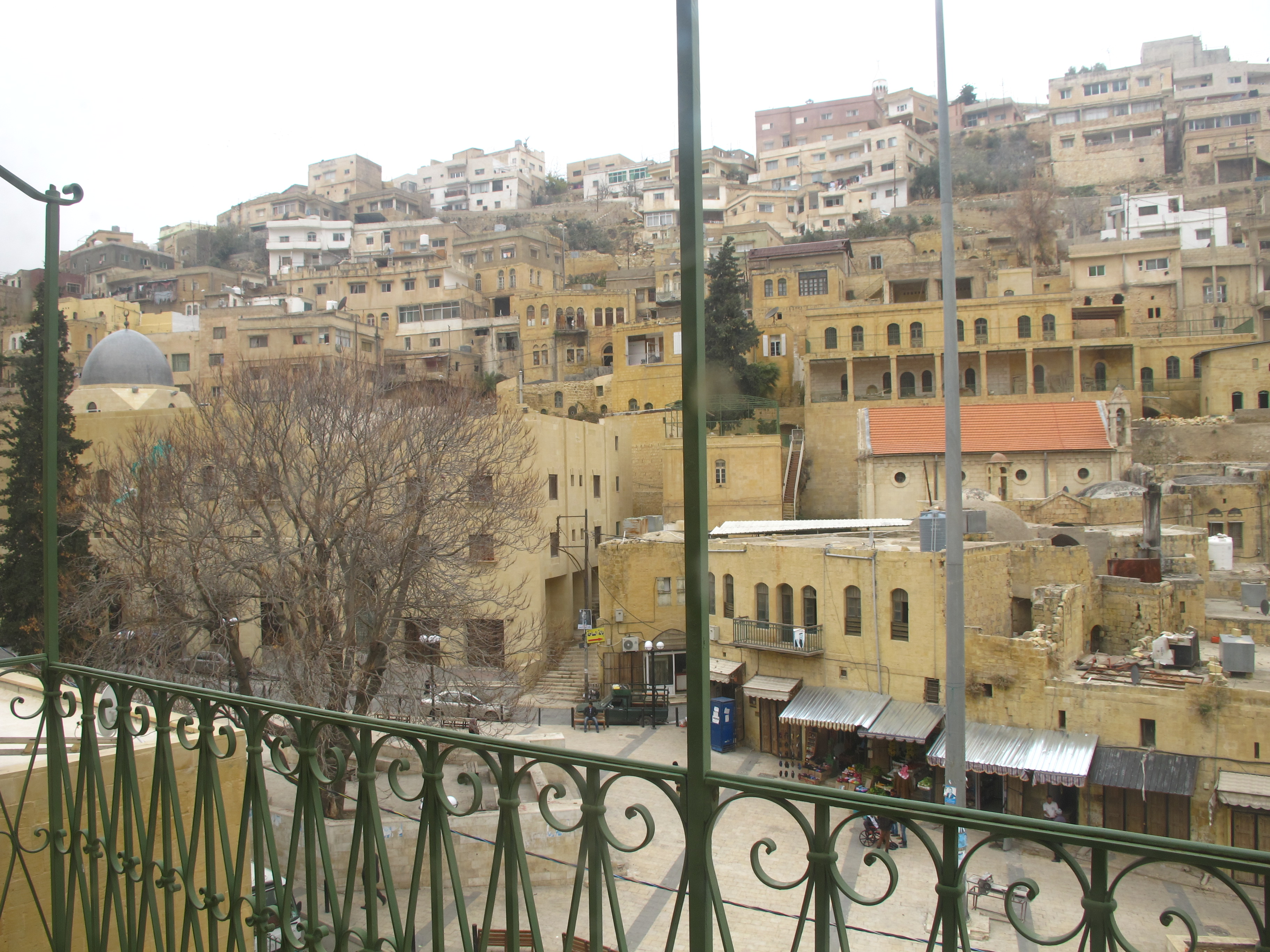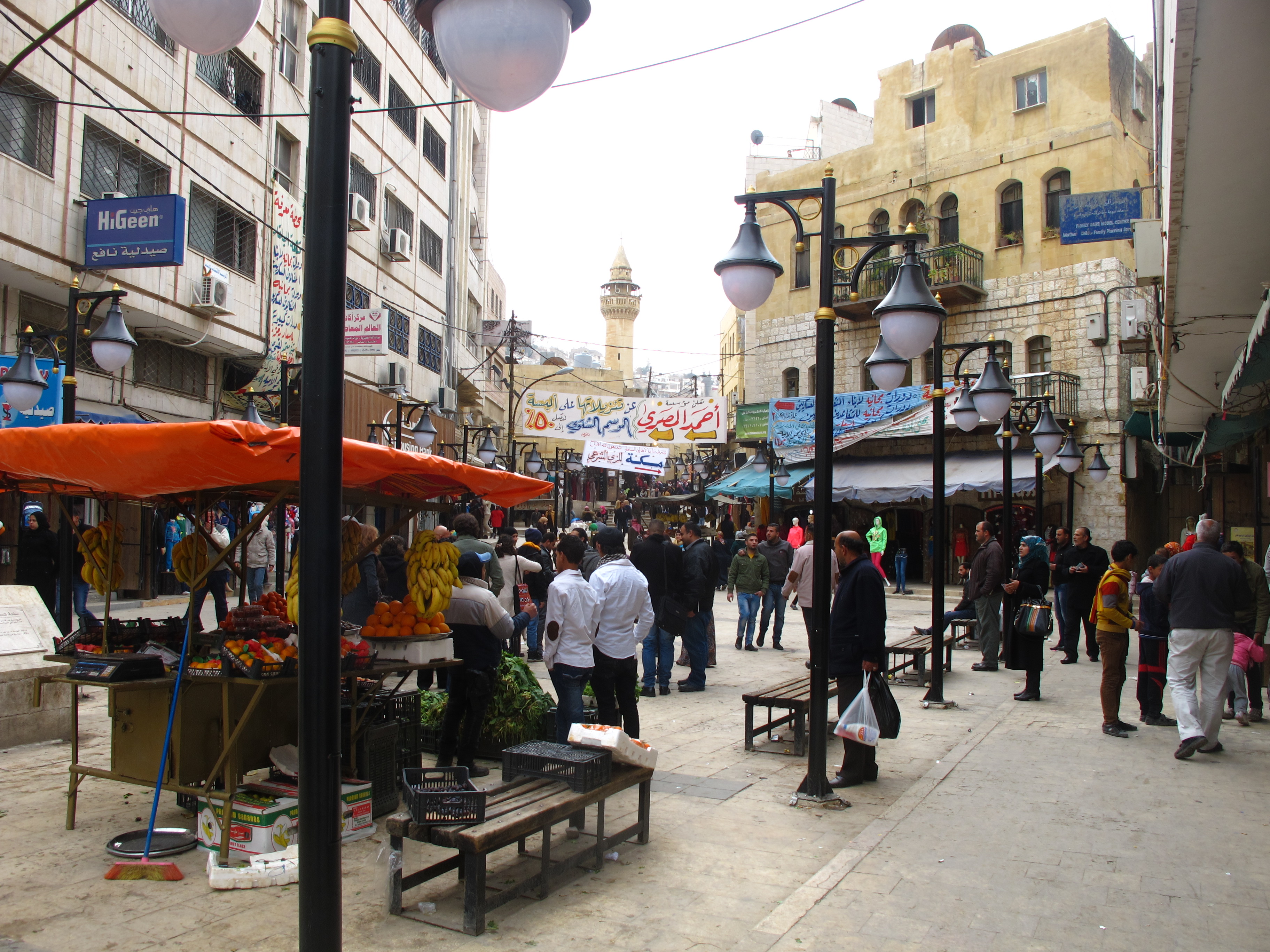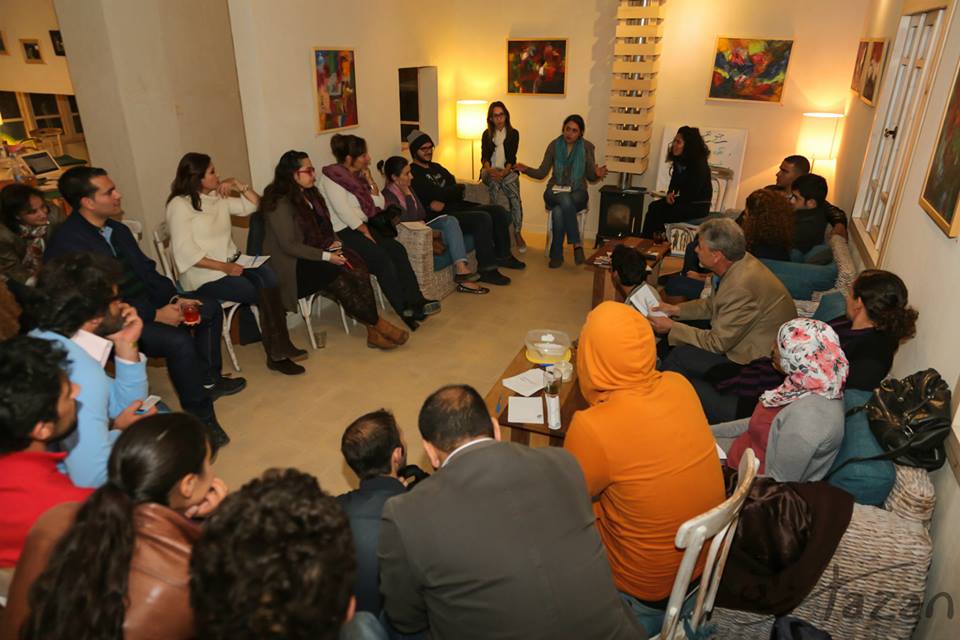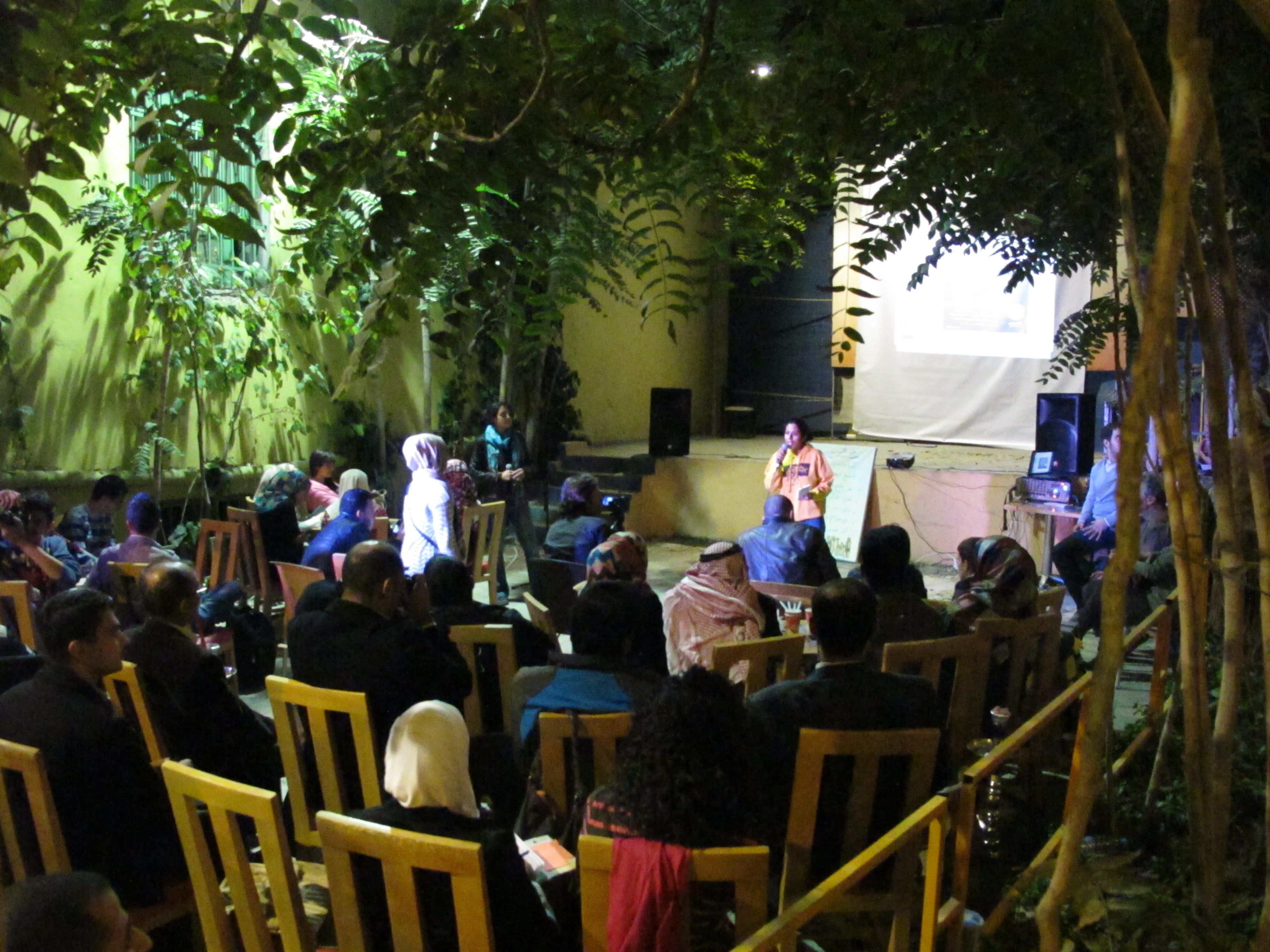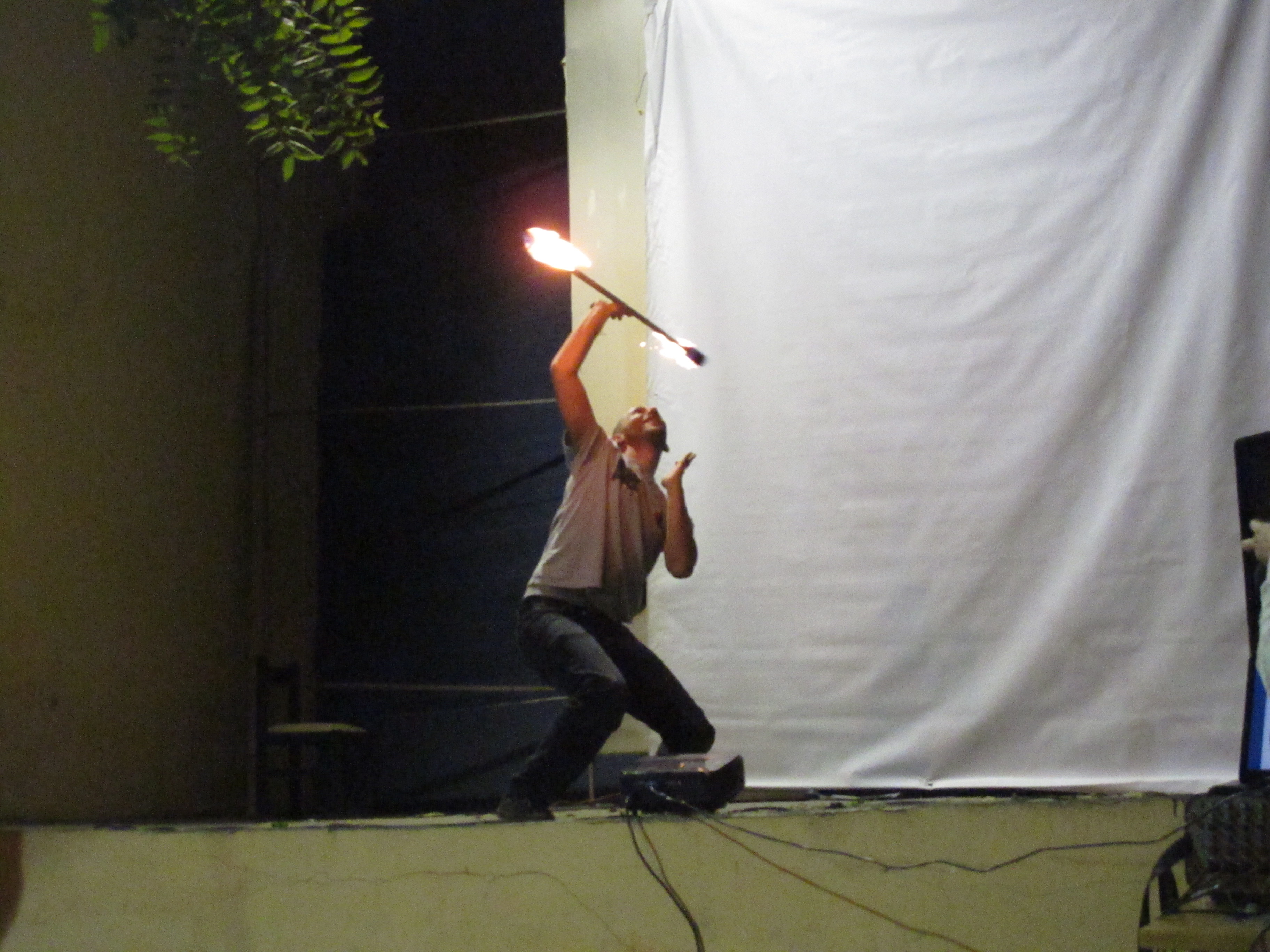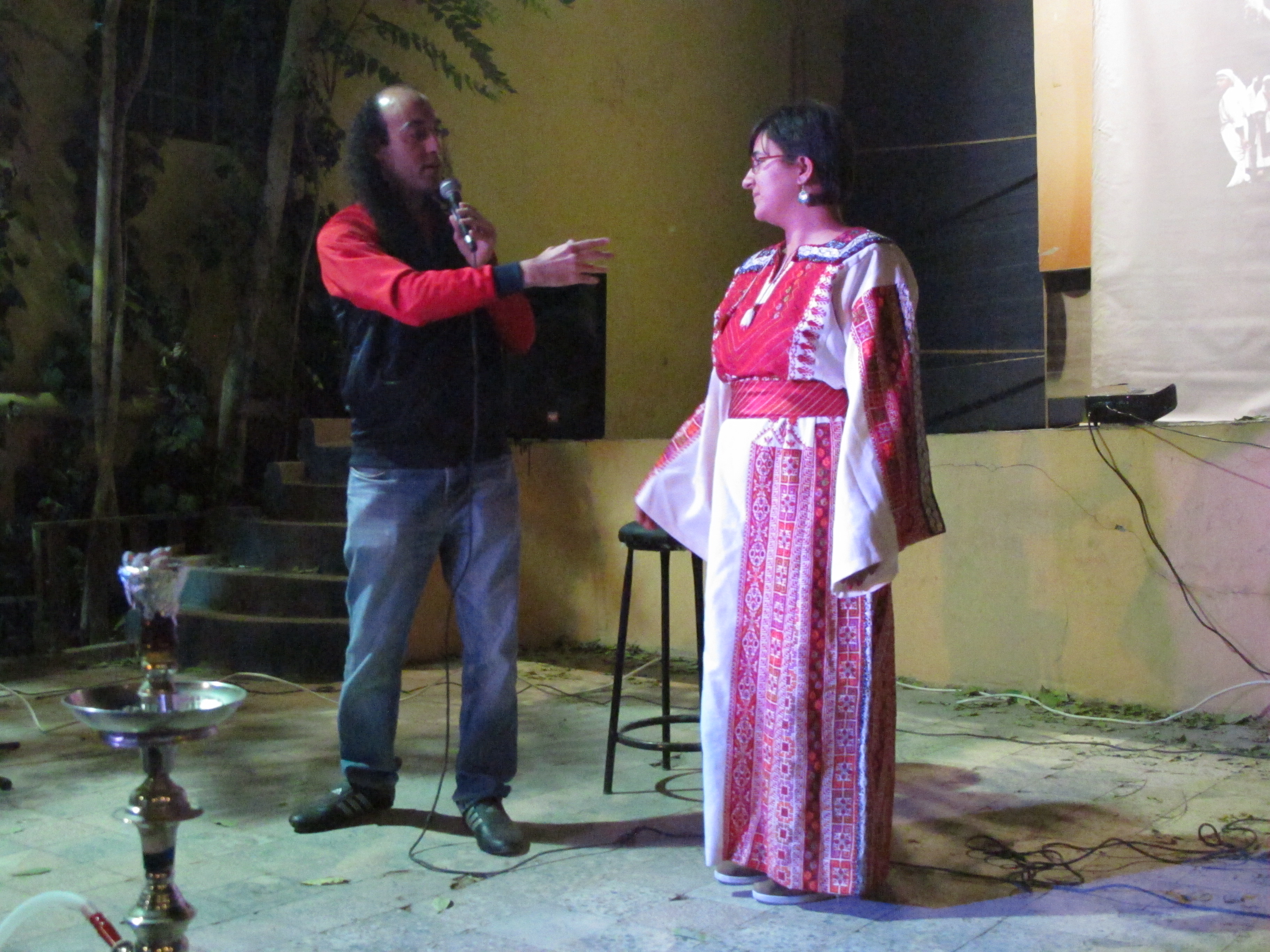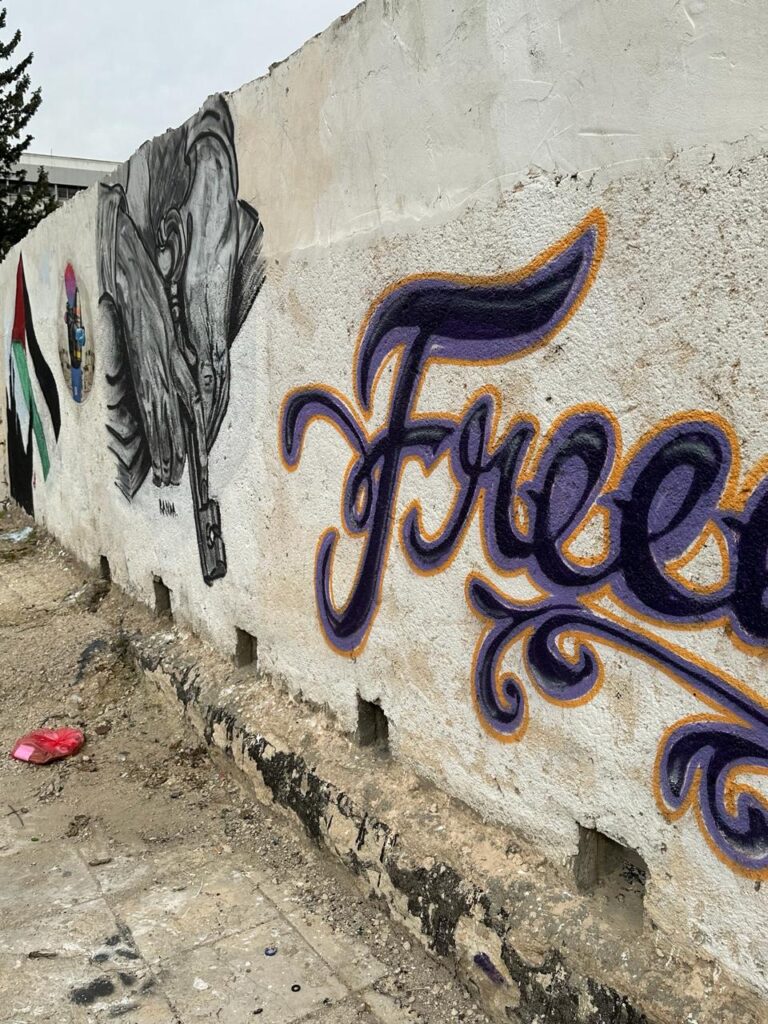
i am having a hard time being normal.. and i know this is not unique to me, because nobody can be at ease four months into an active genocide happening across an illusory border on our boundless geographical body… the land knows no boundaries, our waters drink in poison, our rivers, our seas, our air, our trees, our neighbors, our families, our people, our collective body, cut, quartered, decimated, desecrated… run out of their homes, destroyed over their heads, displaced, bombed, sniped, humiliated, starved, tortured, massacred, genocided…
Genocide… you learn a word that feels so heavy and foreboding… then you witness one and the word doesn’t burn strong enough, it doesn’t scream with the gut-wrenching, heart sickening, soul breaking, and mind shattering agony and horror of the reality… recognizing that if only the witnessing of what is seen is so damaging, what of those living it? what of all we do not see?
With all the multi-sensory imagination we can muster, we will never know the horror, taste the fear, or have it freeze our veins… the loss, the sadness, the grief, the rage, the faith… the faith… the faith.
i am having a hard time pretending that anything can be normal, because it’s not, and acting otherwise feels like i am normalizing, which creates so much dissonance inside of me that i feel like i am going mad. and i very well might be, because i’m having a hard time getting in line with the norm, which is a broad definition of madness.
People keep asking me what i’m working on these days, as i’ve been on strike from my profession as a form of conscientious objection, because working for a purpose became overshadowed by the sense of responsibility to work towards ending the very need for our purpose, at least concerning Palestinian people in Gaza. Which is a double-bind, because i love my work, it is a source of great joy and medicine in my life, at a time where joy is much needed and difficult to access. But now, i don’t know what i’m working on, besides witnessing the ongoing… O N G O I N G… nakba, while flirting with madness to avoid normalizing… which is work.
Courting madness is a precarious thing, it is only too easy to get swallowed whole by its wiles, and there is only too much food to feed this beast. meaning, if i look even slightly closely at hegemonic supremacist world structures on any given day, my anxiety and depression overflow… the injustice is insufferable without the palpable genocide… yet we attempt to soothe our mind and find breath in the wisdom of mountains, the raging fire, learning the ways of seeds, walking the path of the ant, living for generations of children yet unborn… slow and steady, it’s not a race…
these medicines are not failing, but the overflow has turned into a flood… we are simply drowning in rising sea levels and endless bombs, and it has to STOP… for us to do the work of healing, or at least try.
i may be mad, but this version of the world is sick, and i would rather be mad than go about as if this sick is normal. i would rather strengthen the medicine, build bridges faster than they can break them, dig through this prison with a spoon! Which may sound mad, but leave it to Palestinians to once again break barriers, shattering imagination, soaring across the horizon of possibility drawing infinite… shining through the cracks, illuminating the depth of deception, corruption, and illusion that we are all willfully or unwittingly under and consuming, without actively revisiting… EVERYTHING, anything, that feels wrong in our skin, in our bones, our muscles, our tissue, fuzzy feelers, and souls.
In a world in need of going mad, it may be wise to learn how to find our way back safely from or … find our way through… this madness Remembering and strengthening our medicines, screaming with the rage of tidal waves.
And since joy is also necessary to avoid losing our sense of meaning and faith in the lived experience of life, a life of dignity, beauty, vibrancy… so as not to lose our senses so much so that we forget, no longer seed and create beauty, vibrancy, in being, everyday – losing music, dance, laughter, love, drive, and will to be… only weakening us further collectively, feeding this nightmare, and surrendering to its terrors. We must remember those who survived to teach us better, our elders, and those who are lost with every breath, while we struggle to learn. Towards liberation, towards healing, with all our madness and wellness, we will not succumb, armed with spoon and timeless grief etched in bone with so much blood.
.

